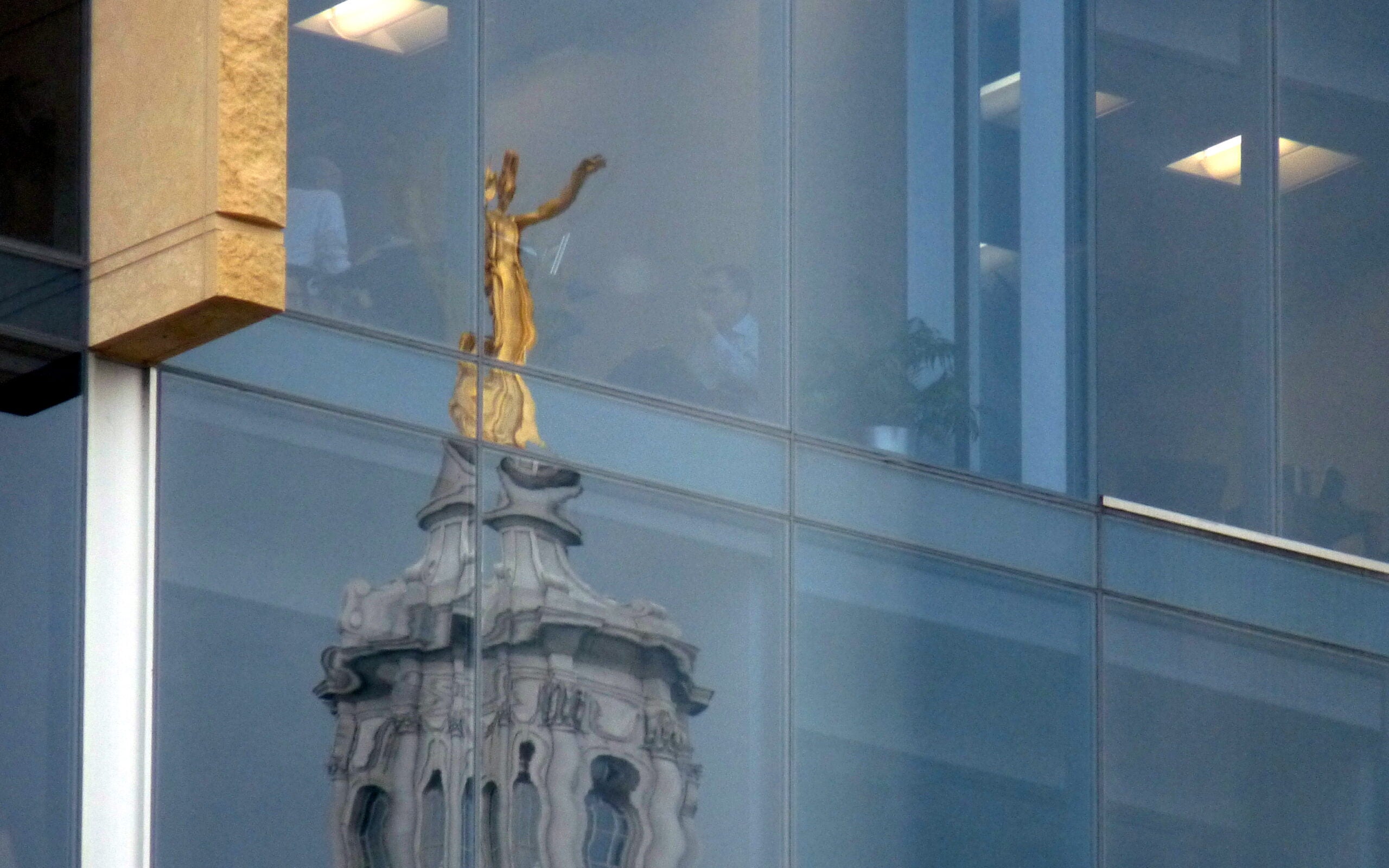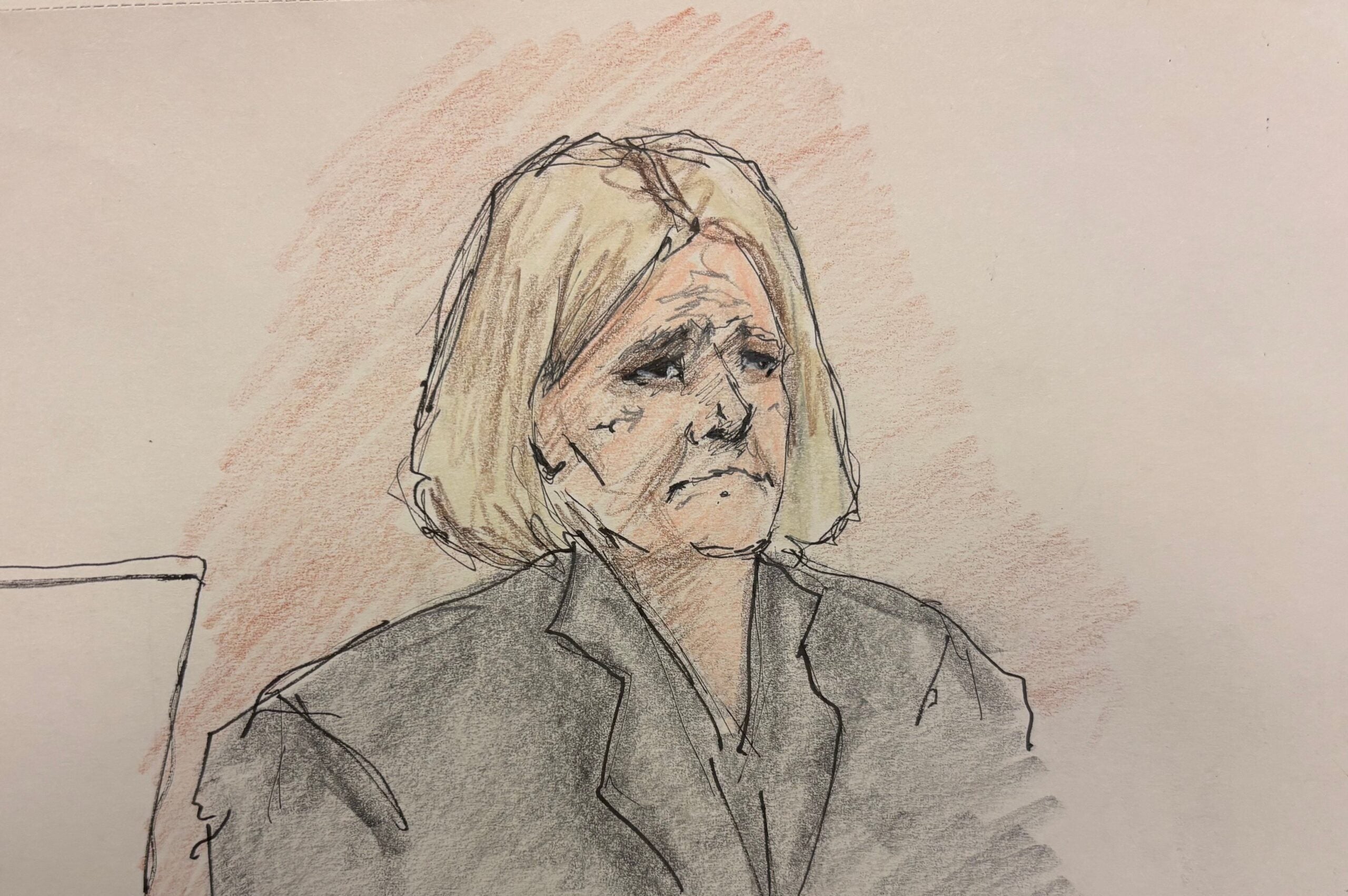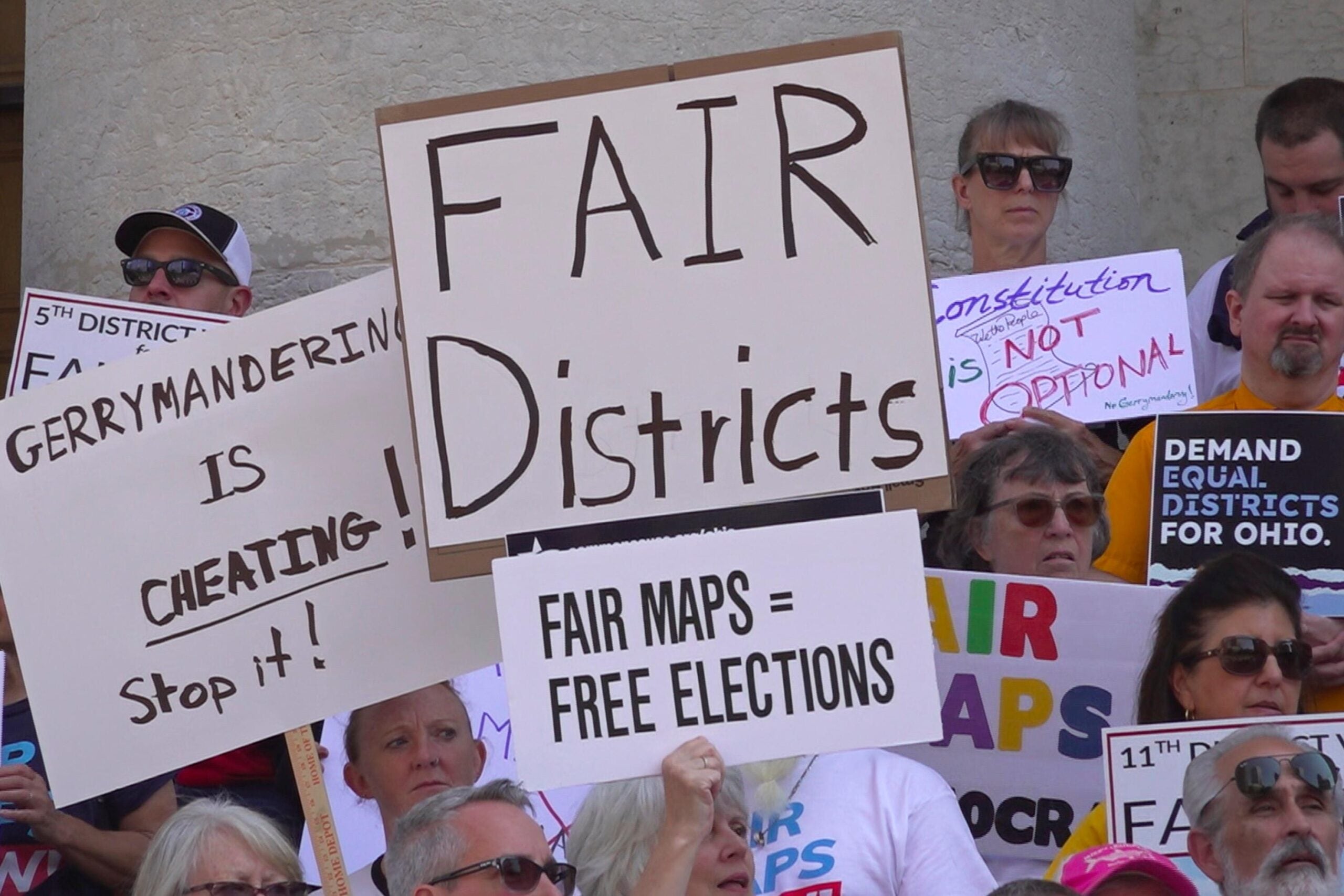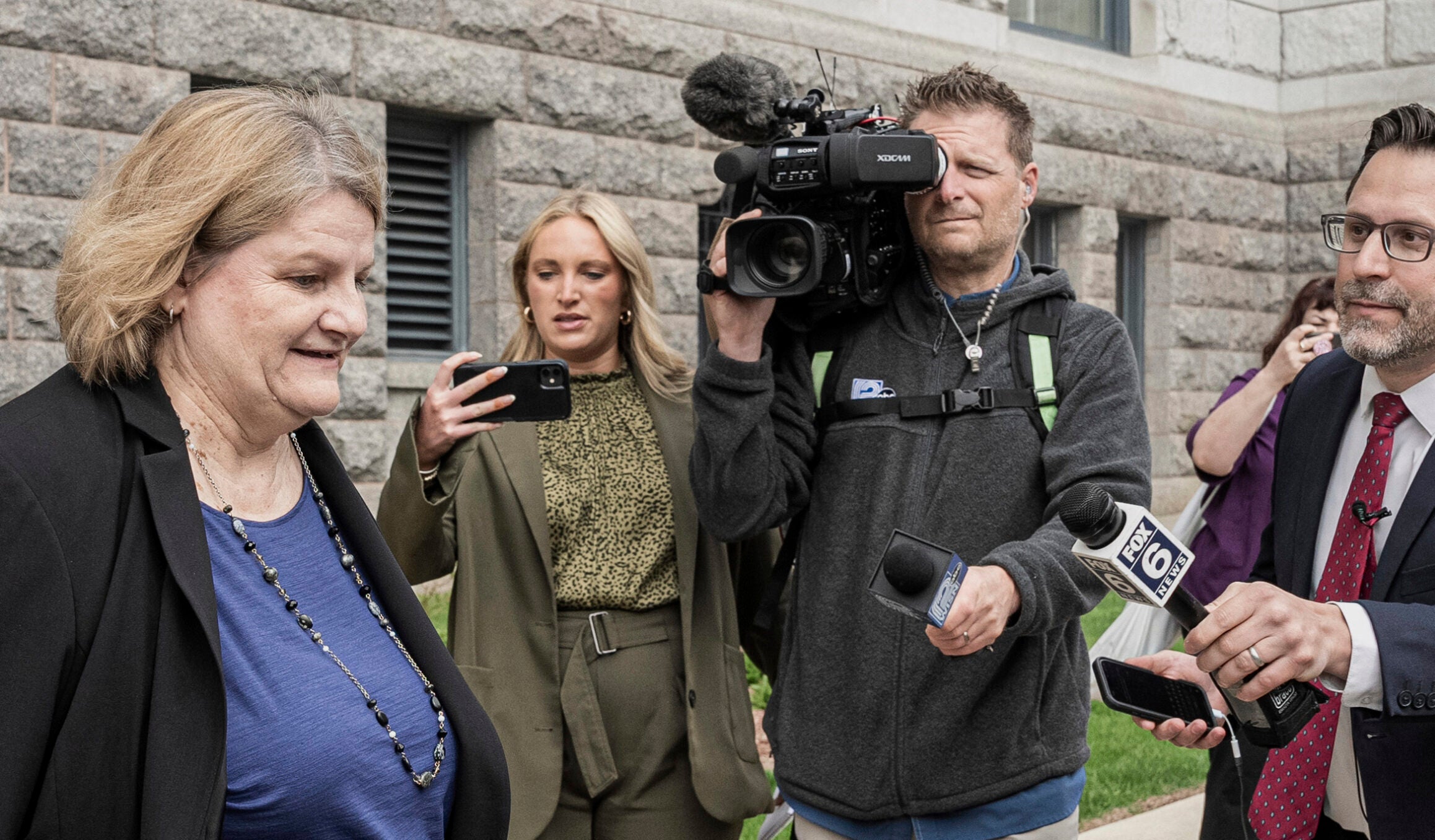Update: Former Walker aide Cindy Archer will appeal the dismissal of her lawsuit. Archer’s attorney said Friday the decision from U.S. District Judge Lynn Adelman is “wrong on the facts and the law.”
A federal judge has dismissed a lawsuit by a former top aide to Gov. Scott Walker who alleged investigators violated her rights when they searched her home as part of a John Doe investigation.
Cynthia Archer, who worked for Walker when he was Milwaukee County executive and governor, filed the lawsuit against Milwaukee County District Attorney John Chisholm, who took the lead in the case known as “John Doe 1.” The investigation led to the arrest of six former Walker associates.
News with a little more humanity
WPR’s “Wisconsin Today” newsletter keeps you connected to the state you love without feeling overwhelmed. No paywall. No agenda. No corporate filter.
In his opinion throwing out the lawsuit, District Judge Lynn Adelman wrote that investigators had reasonable cause to believe they would find evidence connected to the case at Archer’s workplace and home. Adelman also wrote that Chisholm, as a state prosecutor, was entitled to immunity from lawsuits like this one.
“The reason for the immunity doctrine, to enable public officials to do their job free from fear of being subjected to unwarranted litigation, has particular salience in the present case,” Adelman wrote in a 43-page ruling handed down Thursday.
Adelman also wrote that he would preserve copies of evidence in the case pending a likely appeal, a move that would normally be uncontroversial but that could potentially provoke a backlash in this case. The reason is complicated.
While Archer was initially investigated as part of “John Doe 1,” her lawsuit lumped in another case involving the governor known as “John Doe 2.” That investigation raised a different set of issues involving whether Walker’s campaign illegally coordinated with conservative groups. It was ultimately shut down by justices on the Wisconsin Supreme Court who ordered all evidence connected to “John Doe 2” returned to them.
Judge Adelman acknowledged the order in his ruling, saying he would keep the evidence under seal.
“I will not interfere with the state Supreme Court’s order that the defendants turn over all John Doe II and relevant John Doe I documents to its clerk,” Adelman wrote. “I will, however, allow the defendants, if they wish, to file copies of such documents with the clerk of this court. The clerk will not docket the materials and will maintain them under seal. When this litigation is concluded, the materials will be destroyed.”
Adelman’s move runs contrary to the advice given by Wisconsin Attorney General Brad Schimel, who said such a step would “directly contradict” the Wisconsin Supreme Court’s order.
“The defendants’ request ignores well-settled law which provides that federal courts may not to interfere with state court decisions,” Schimel wrote in January.
Archer’s lawsuit is one of many tangents to the John Doe investigations, one of which is currently pending before the U.S. Supreme Court. Chisholm, Dane County District Attorney Ismael Ozanne and Iowa County District Attorney Larry Nelson have asked justices to hear an appeal of the Wisconsin Supreme Court’s “John Doe 2” ruling. They make two arguments: that the state ruling runs afoul of federal campaign finance law and that state Supreme Court Justices David Prosser and Michael Gableman should have recused themselves from the decision. The U.S. Supreme Court has not said whether it will take the case.
Walker was never charged in either John Doe investigation, though Adelman’s ruling catalogs his connections to the cases at length, quoting from inadvertently unsealed court documents suggesting prosecutors believed Walker and Republican operatives were involved in a “criminal scheme” to evade campaign finance laws.
Adelman, a former Democratic state lawmaker, was nominated to the U.S. District Court by President Bill Clinton.
Wisconsin Public Radio, © Copyright 2026, Board of Regents of the University of Wisconsin System and Wisconsin Educational Communications Board.







